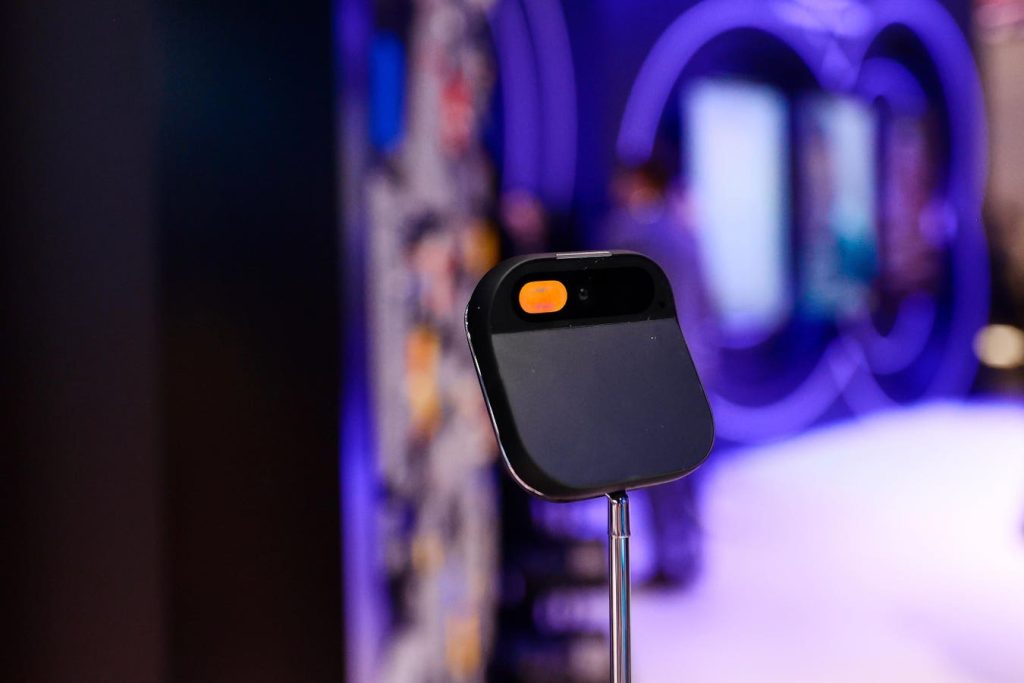Two innovative wearable devices in the new category of AI pins have recently garnered attention. The Humane AI Pin and the Rabbit r1 feature a camera and a projector and can be worn as a chest pin or an accessory. However, initial reviews for these products have been less than favorable, with critics questioning their high price points and expensive subscription services required to access data.
Ray Wong, in a piece for the NY Times, expressed skepticism about the Humane AI Pin, citing its $700 price tag and $24-a-month subscription fee as major drawbacks. YouTube reviewer Marques Brownlee went even further, calling the AI pin the worst product he has ever reviewed. The Rabbit r1, another product in this category, has also faced criticism for its bugs and issues, despite being introduced at an unboxing event in New York City.
While the concept of a wearable AI product is not inherently flawed, doubts have been raised about whether an AI pin is the ideal form factor for delivering on-demand AI information effectively. Questions have also been raised about the business models behind these devices, which include hardware, apps, and subscription services that may require significant sales volumes to sustain. Additionally, many of the features offered by AI pins, such as language translation and AI assistance, are already available on smartphones, which are typically more accessible to users.
In contrast to AI pins, smart glasses have been identified as a more promising form factor for delivering AI functionality on demand. Meta recently introduced new features for its Meta-Rayban Wayfarer glasses, including video calling with WhatsApp and Messenger, and hands-free access to real-time information through Meta AI. These glasses offer the ability to translate text, make calls, and access information without the need to pull out a phone or look at a screen.
The author, who has been using Meta-Rayban Wayfarer 3 glasses for months, praises their photo-taking and audio capabilities. While the current generation of smart glasses relies on a connected device for intelligence, future versions could include features like screens on the lenses to enhance visual capabilities and provide a standalone AI wearable experience. The addition of screens would enable users to view content from various sources and access information displayed on the glasses, transforming them into a comprehensive AI wearable device.
In conclusion, smart glasses are identified as the ideal wearable accessory for delivering AI functionality in the future. While AI pins have faced criticism for their high prices and limited functionality, smart glasses offer a more practical and versatile platform for accessing AI features on the go. With ongoing advancements in technology, smart glasses like the Meta-Rayban Wayfarer have the potential to become indispensable tools for users seeking seamless access to AI assistance and real-time information.















